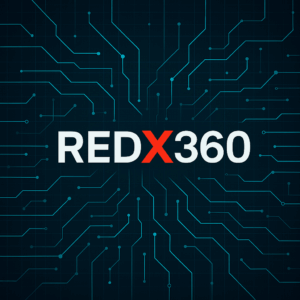CIOs Evolving as Strategic AI Leaders
Changing Role of CIOs with Artificial Intelligence
Artificial intelligence is fundamentally altering the responsibilities and expectations placed on CIOs. The role has shifted from traditional management of IT infrastructure to becoming a strategic visionary capable of leveraging AI for competitive advantage.

CIOs are now expected to embed AI across their organizations, aiming to unlock new levels of efficiency and precision. Their responsibilities extend to ensuring that technology adoption is both ethical and responsible, with close attention paid to issues such as transparency, algorithmic bias, and human involvement in decision-making.
CIOs must also integrate sustainability into their technology strategies, viewing AI implementation as part of broader efforts towards greener business operations.
Investment Priorities and Adoption Challenges
Enterprises are quickly recognizing the transformative potential of AI, but widespread adoption still faces obstacles. Although most CIOs agree that AI will be as significant to business as the rise of the internet, only a small proportion have fully implemented AI across their operations.
Security concerns, data infrastructure limitations, and organizational silos remain significant barriers. CIOs are allocating much of their budgets to data infrastructure and management, while investment in AI lags behind.
Expectations within organizations can also cause friction, with CIOs reporting pressure to deliver rapid returns on AI investments and line-of-business leaders often having unrealistic timelines for ROI.
Despite these hurdles, CIOs who take the lead on strategic AI initiatives are positioned to deliver notable cost savings, boost productivity, and foster innovation throughout the organization.
Strategic Vision and Future Directions
AI is now considered a core element of modern business strategy. CIOs are required to anticipate and adapt to continuous technological change, transforming challenges into opportunities for growth even in uncertain environments.
The arrival of generative AI has accelerated this transition, enabling more rapid innovation and collaboration by breaking down organizational silos. Successful integration of AI demands that CIOs build collaborative ecosystems, foster agile cultures, and actively reskill their workforces to keep pace with technological advancement.
As AI continues to mature, CIOs must evolve as both innovators and responsible stewards, driving transformative change that benefits not just their organizations but society more broadly. In this landscape, leadership, adaptability, and a forward-thinking approach are essential for CIOs aiming to realize the full value of artificial intelligence in business.
Font:https://www.cio.com/article/4033097/is-ai-the-end-of-it-as-we-know-it.html
TIRED OF TRYING TO CREATE CONTENT
THAT CONNECTS WITH YOUR AUDIENCE?

THE AI AGENT THAT MULTIPLIES YOUR DIGITAL PRESENCE
and positions you as an authority…
FOR LESS THAN YOU SPEND ON A COFFEE A DAY!!








